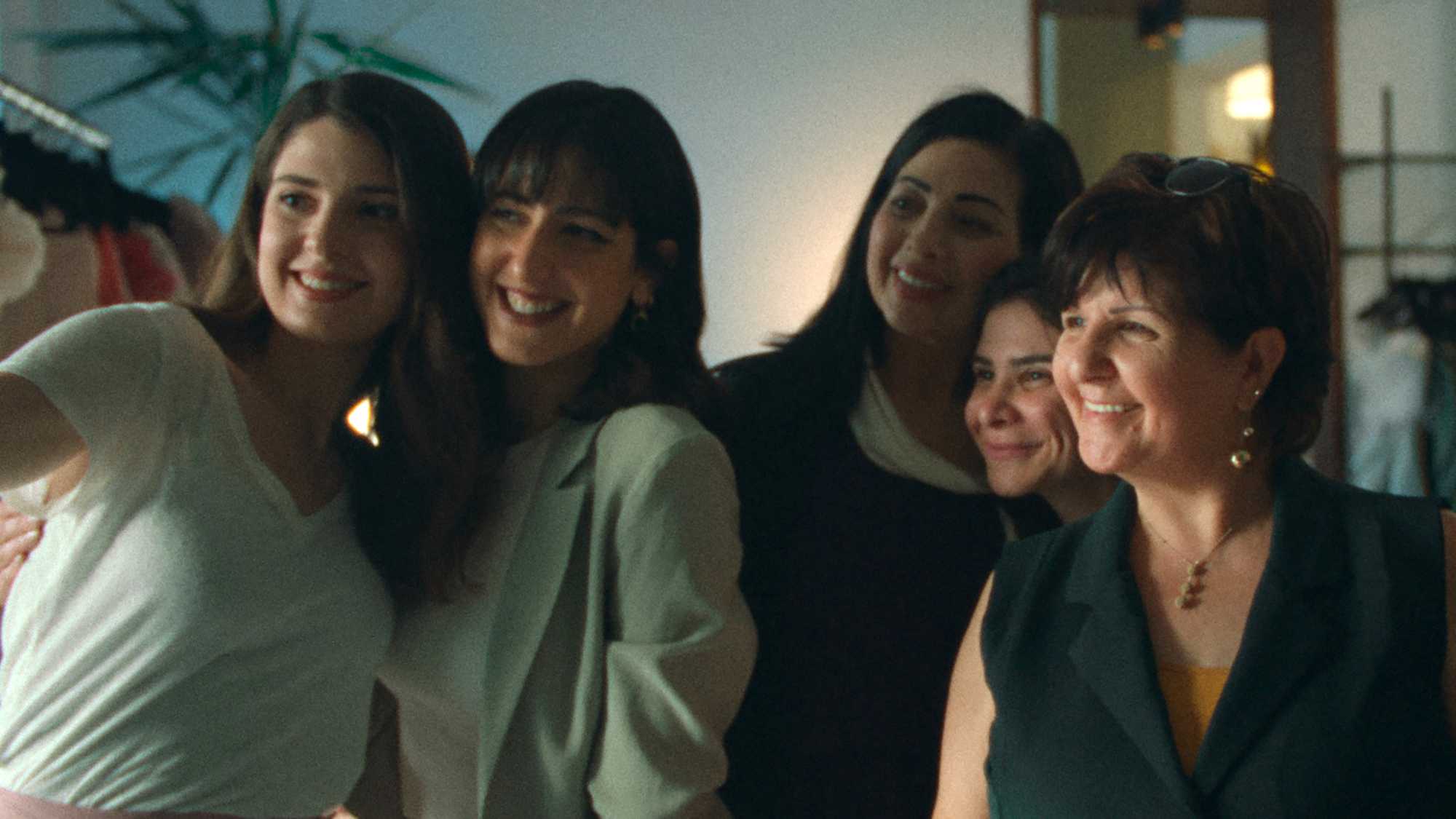This incisive drama, from Academy Award nominee Scandar Copti, envelops us into the chaotically intertwined lives of a family navigating the unique challenge of being Palestinians living in Israel.


A high-stakes drama… with a candid and forthright gaze… Offers a tangible reminder that no one is free until everyone is free.
Happy Holidays 2024
Yanead ealiku
The trials and tribulations of an upper middleclass Palestinian family in Israel, grappling with the moral repercussions of their actions while striving in vain to lead a normal life in a hostile society, is the focus of the long-awaited second feature from Scandar Copti (Ajami, NZIFF 2010).
The story unfolds over four interconnected chapters as family members confront an unplanned pregnancy and a hastily arranged wedding. Meanwhile the bride’s sister Miri has to cope with her daughter’s depression, and the groom’s sister Fifi, in hospital after a car accident, may not be able to keep a closely guarded secret much longer.
Happy Holidays is a perceptive look at ordinary lives torn between archaic traditions, and a wider society that has systematically marginalised them. With a brilliant cast of nonprofessional actors and remarkable naturalism, Copti’s family brings into focus an oft-neglected dimension of the Palestinian experience. — Joseph Fahim